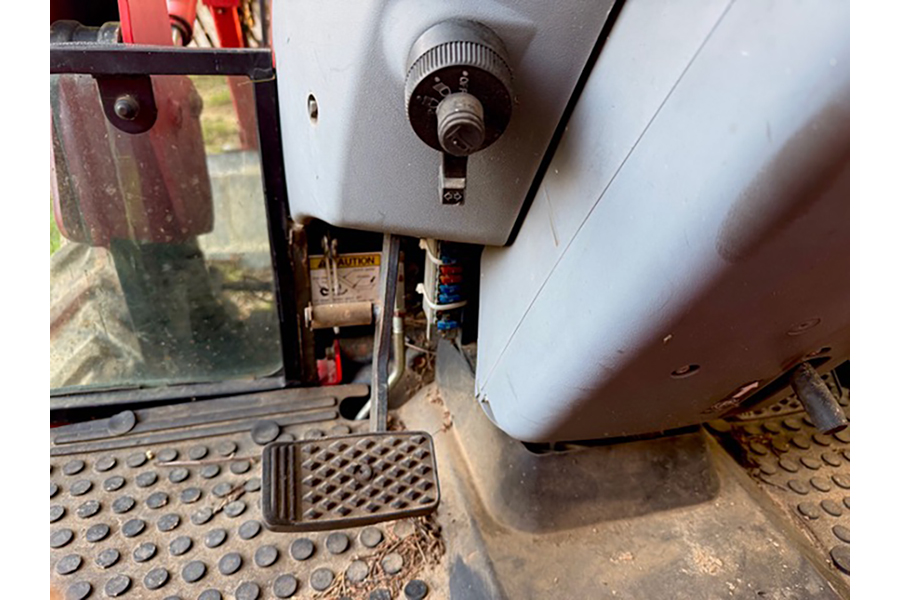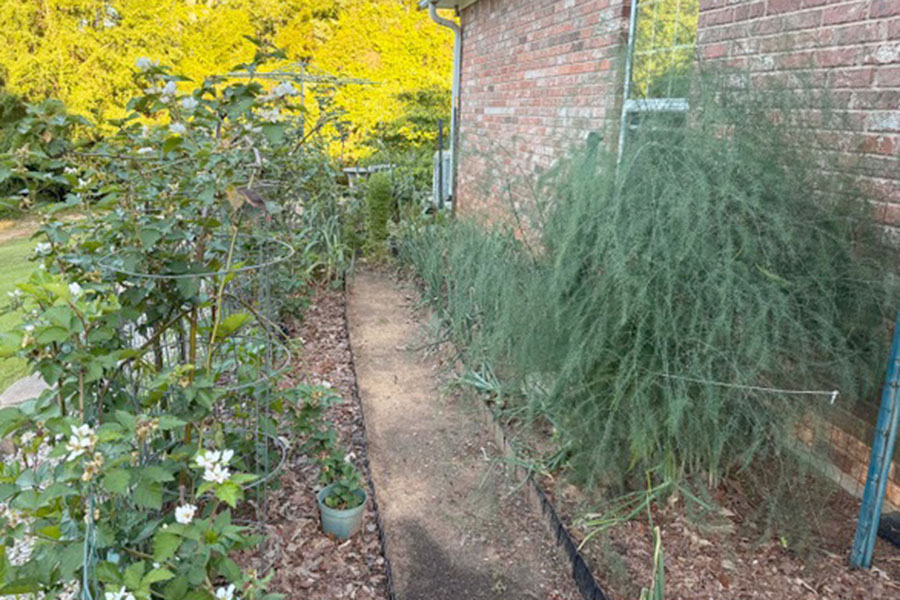By Casey Francis
Center for Rural Affairs
Payday lenders target low and moderate-income people, advertizing a quick, easy loan to help make it until the next payday.
In reality, payday loans begin cycles of chronic indebtedness. According to the Center for Responsible Lending, the average borrower ends up indebted for more than six months with an average of nine payday loan transactions at annual interest rates exceeding 400%.
Twelve million Americans are trapped every year in a cycle of payday loans, with an average annual interest rate ranging from 391% to 521% for the typical two-week loan. And an average payday loan of $325 incurs $468 interest for a total repayment of $793 after the loan is flipped 8 times, which is also typical. Payday borrowers are more likely to have credit card delinquencies, unpaid medical bills, overdraft fees leading to closed checking accounts and, ultimately, bankruptcies.
This is why sixteen states and the District of Columbia have enacted double digit annual interest rate caps for payday loans.
The rates, terms, and reality of payday loans are sickening for everyone, but especially for rural residents. Small towns have a high percentage of self-employed rural people. Entrepreneurs need access to capital, so it’s important for consumers to protect their financial health. A poor credit history will limit the number of financial options open to entrepreneurs. Anything that prevents current entrepreneurs from growing or budding dreamers from opening a business harms rural communities, where entrepreneurs are a major economic force.
Established in 1973, the Center for Rural Affairs is a private, non-profit organization working to strengthen small businesses, family farms and ranches, and rural communities through action oriented programs addressing social, economic, and environmental issues.

![WIA_CSMedia_300x250[6] NTMWD 2025 Summer](https://wylienews.com/wp-content/uploads/2021/11/WIA_CSMedia_728X907.jpg)















0 Comments